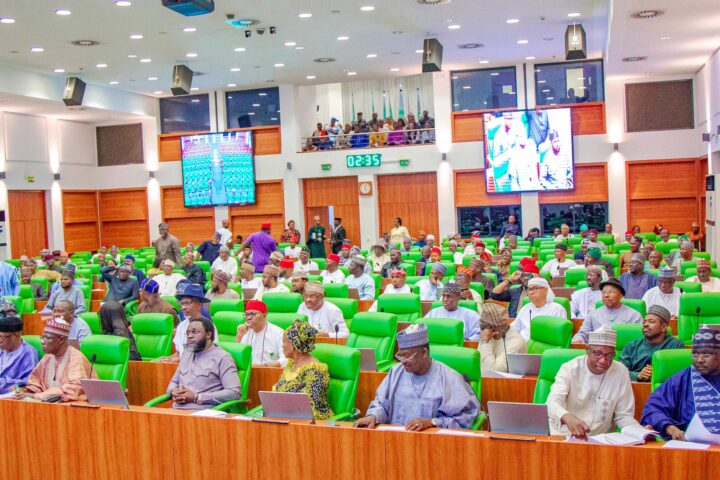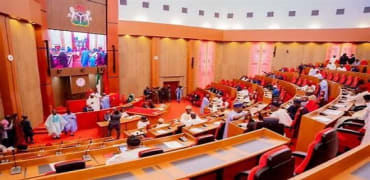New State In South West? NASS Pushes To Split Oyo, Stakeholders Sound Alarm On Feasibility
New State in Southwest? NASS Pushes to Split Oyo, Stakeholders Sound Alarm on Feasibility
By Achimi Muktari
The House of Representatives' recent move to divide Oyo State into two—creating a new Ibadan State and leaving Oyo with its current status—has sparked a wave of reactions across the country, especially among concerned stakeholders. One vocal critic, legal practitioner Wale Adeagbo, has raised serious concerns about the proposal’s potential to foster division rather than unity.
The Proposed Split: Ibadan vs. Oyo
The plan, which would see Ibadan and Oyo both retain the capitals of the new entities, has not been universally welcomed. Adeagbo, an Ibadan-born lawyer, voiced his concerns in an exclusive interview with TrafficNg, questioning the logic behind Oyo retaining the state and capital status. He argued that the arrangement could alienate other regions in Oyo, such as Ogbomosho, Saki, and Oke-Ogun.
"The idea of splitting Oyo State into two is legitimate," Adeagbo acknowledged, "but why must Oyo keep both the state name and the capital? It doesn't foster the oneness required in such a monumental change. If the aim is fairness and development, the new capital should be elsewhere—Ogbomosho, Saki, or even Oke-Ogun."
Concerns Over Sidelining Key Regions
Adeagbo fears that leaving Oyo as the capital could lead to further fragmentation, predicting that the Oke-Ogun region, in particular, might push for its own state in the future if it feels neglected. "In 40 years, we could be looking at another movement for Oke-Ogun State. This kind of instability isn’t sustainable."
The lawyer also questioned whether the bill to create the new state has broader support, casting doubt on whether it will pass in the long run. "I haven’t seen the full details of the bill, but from what I've heard, it seems to favor certain regions over others," he said, describing the proposal as self-serving rather than in the spirit of national unity.
Economic and Political Ramifications
The debate over state creation in Nigeria has been ongoing for decades, but many argue that the country's current economic challenges make this an ill-timed proposal. TrafficNg earlier reported on the concerns raised by legal practitioner Titilope Anifowoshe, who suggested that creating new states may place additional strain on the federal government’s finances. Anifowoshe instead advocated for strengthening local governments, arguing that they are better positioned to bring governance closer to the people.
Adeagbo echoed similar sentiments, emphasizing that Ibadan’s 11 local government areas are more than sufficient to make it a standalone state, while the remaining 22 LGAs across Oyo could form a robust, unified entity. "Creating a new state shouldn’t give the impression that one part of Oyo is being sidelined. If we move forward with this, we must ensure that all regions feel equally represented and supported."
The Road Ahead
As discussions around the creation of Ibadan State gain momentum, stakeholders like Adeagbo continue to call for a more balanced and thoughtful approach. "This isn't a simple case of splitting land and resources; it’s about maintaining stability, fairness, and national unity," he said.
The proposal is still in its early stages, and it remains to be seen whether the National Assembly will move forward with the plan to create Ibadan State. However, with voices like Adeagbo’s raising key concerns, the road to statehood for both Ibadan and Oyo may be more complicated than anticipated.





















